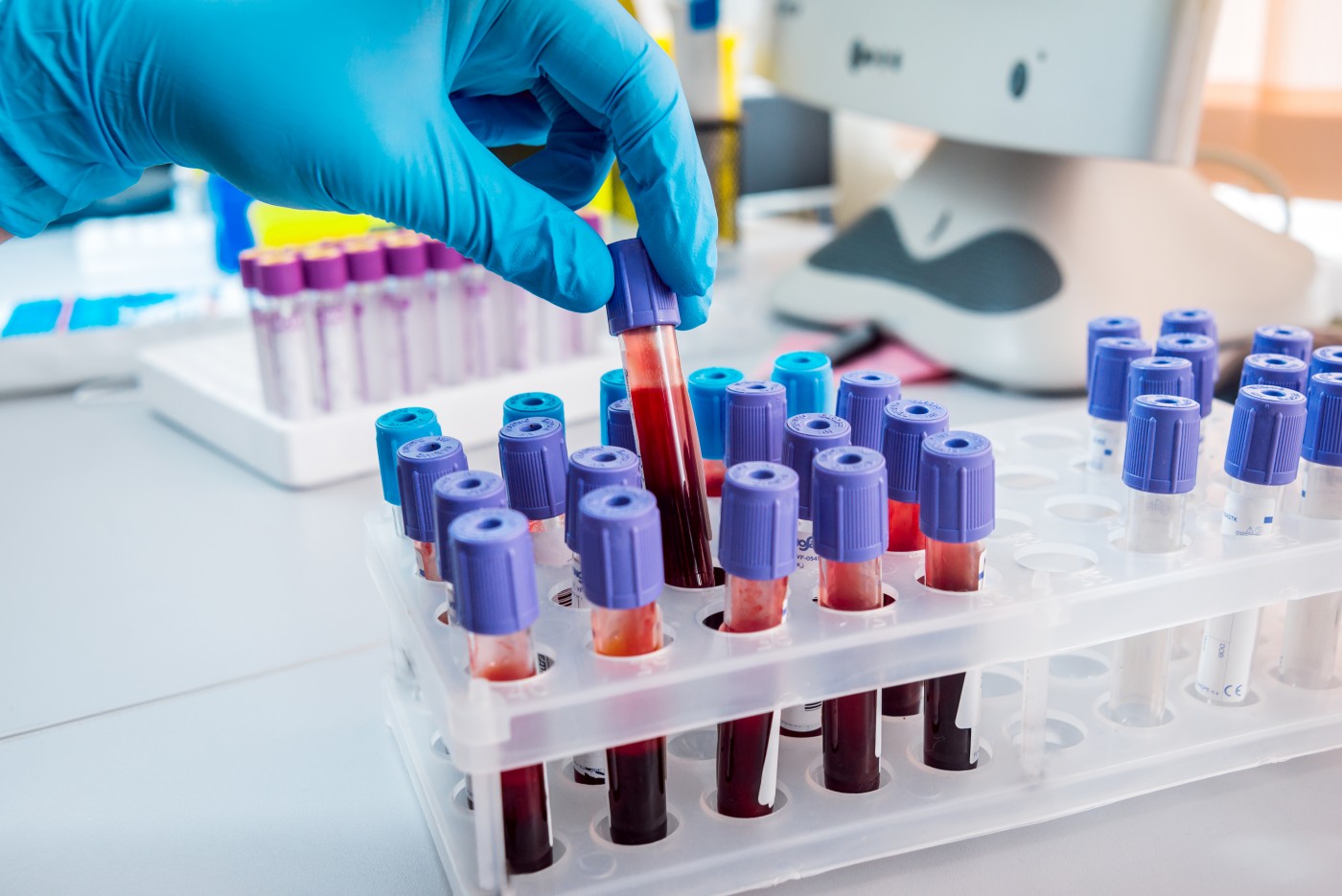UC Cures for Alzheimer’s Disease Initiative Launched by University of California

The UC Cures for Alzheimer’s Disease Initiative was launched recently by the University of California (UC) to accelerate the most promising Alzheimer’s disease research. Projects could be studies or proof-of-concept clinical trials to confirm a new imaging modality or biomarker.
Sponsored by the UC Office of the President with a foundational award of $4 million, the UC Cures initiative invited hundreds of laboratories across the 10-campus system to find new answers to Alzheimer’s disease and other neurodegenerative disorders.
“We want to focus our research efforts in part because we can see the future that there is progress to be made here, and we have the laboratories, the scientists, the postdocs, the students, the resources available to put mass on target for this disease, which is terrible for anyone who has a loved one or has experience being in contact with someone suffering from Alzheimer’s, but also because of the aging of the U.S. population, we know it’s only going to grow in prevalence,” said UC President Janet Napolitano, according to a recent news release.
An independent review board selected two projects involving both experts from within and outside UC. The Office of the President will grant $1 million per year for two years for each of these projects.
Each proposal must incorporate partnership by at least two UC campuses, and candidates should partner with other entities, including foundations or industry.
The Alzheimer’s initiative will leverage the experience and strength of the Alzheimer’s Disease Cooperative Study at UC San Diego and UC Biomedical Research Acceleration, Integration and Development, a group of the five UC health campuses that share resources to improve health through clinical and research initiatives.
“No public research university devotes more resources to the study and treatment of Alzheimer’s disease than the University of California,” said John D. Stobo, M.D., executive vice president of UC Health. “In just the past five years, more than 130 UC investigators have conducted 350 research projects in the field, receiving roughly $339 million in funding support for both basic research and clinical trials.”
UC Cures for Alzheimer’s was formed following the success of the California Initiative to Advance Precision Medicine, a partnership initiated in 2015 between UC, state government, and other partners to create the setup and resources necessary to advance development of more precise diagnostic instruments and therapies based upon individual genetics.






